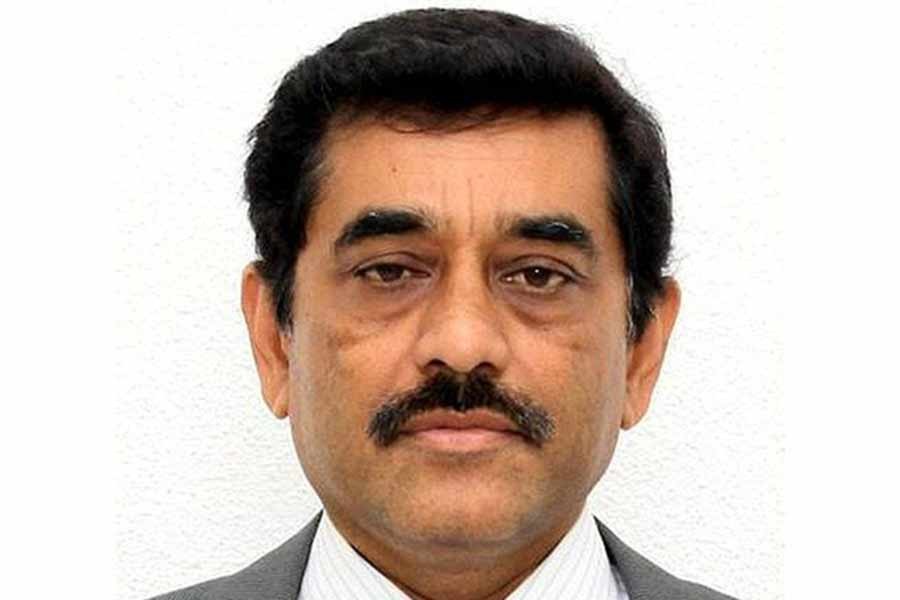Sri Lanka's central bank is set to name a new chief, as the nation faces its worst economic crisis in over 70 years.
P Nandalal Weerasinghe, former deputy governor of the central bank of the country, said that he will take up the position of the bank's governor on Thursday, according to BBC.
Mr Weerasinghe was the bank's deputy governor from September 2012 and left the role eight years later. He is currently based in Australia, where he works as an independent consultant.
It came after the bank's head Ajith Nivard Cabraal offered his resignation on Monday, amid mass protests over rising living costs and power cuts.
The bank has also postponed an interest rate decision as policymakers try to stabilise the country's currency.
The Central Bank of Sri Lanka has not yet made an official announcement on Mr Weerasinghe's appointment. A spokesman for the bank told the BBC that it is waiting for confirmation from the country's president.
Speaking by phone from Australia, Mr Weerasinghe said that he had been offered the role and had accepted it.
"I'll take up the position of the governor of the central bank once I go back to Sri Lanka on the 7th [of April]," he said.
However, he declined to comment on any of his plans for Sri Lanka's crisis-hit economy or when a decision on interest rates would be made.
"I need to go back and see how it goes," Mr Weerasinghe said.
"But I've already started work," he added.
On Monday, the bank's governor, Mr Cabraal announced that he had submitted his resignation after all of the country's cabinet ministers resigned.
Angry protesters have also been calling for the country's prime minister and president to step down.
The island nation of some 22 million people is suffering from its most serious economic crisis since independence from the UK in 1948.
The central bank was due to make an interest rate decision on Tuesday but late on Monday postponed the announcement without giving a new date for the event.
Analysts had expected the bank to significantly raise its main interest rate as it attempts to stabilise the Sri Lankan rupee and curb the country's soaring rate of inflation.
Murtaza Jafferjee, chair of the Advocate Institute think-tank in Sri Lanka's capital, Colombo, said he expects the rate to be increased by at least three percentage points at the bank's next monetary policy meeting.
"We are currently facing a massive crisis of confidence. A new finance minister, central bank governor and secretary to the treasury are welcome," Mr Jafferjee told the BBC.
"[But] with the public venting a lot of anger at the president, one is not sure how the new economic team can stabilise the ship if the public's anger is not subdued."
Demonstrators have taken to the streets of the capital Colombo as homes and businesses have had their electricity cut for up to 13 hours at a time.
Sri Lankans are also dealing with shortages and soaring inflation after the country steeply devalued its currency last month ahead of talks with the International Monetary Fund over a bailout.
All 26 of Sri Lanka's ministers have submitted letters of resignation - but not Prime Minister Mahinda Rajapaksa or his brother, President Gotabaya Rajapaksa.


